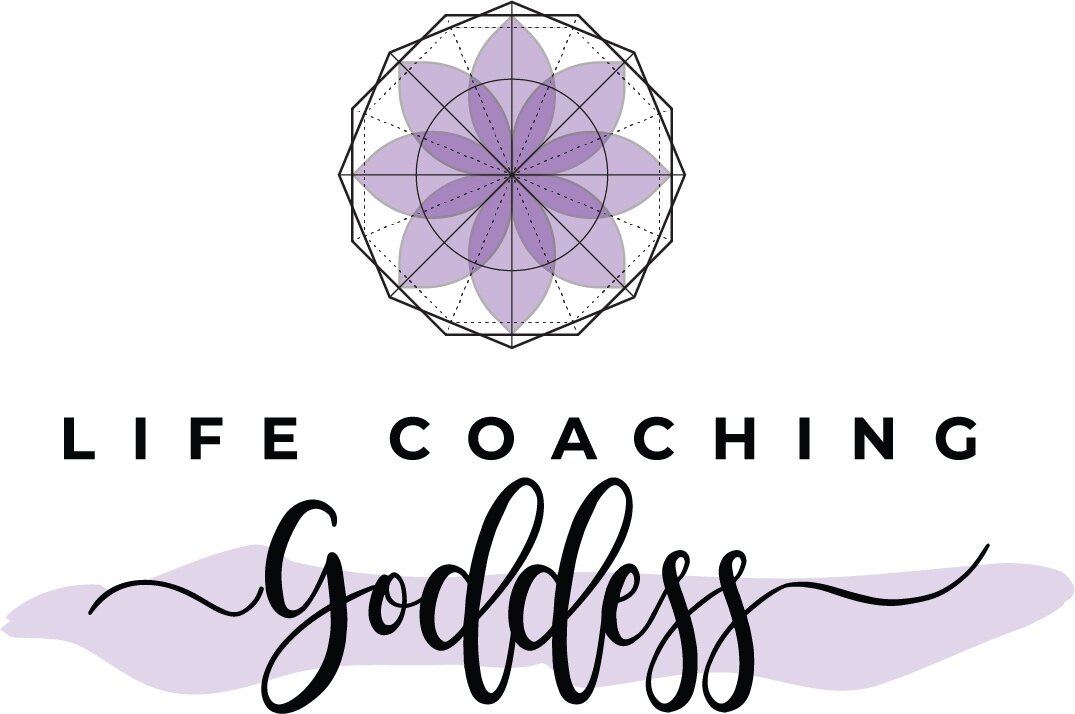Trauma Bond vs. Authentic Love
If you would have asked me several years ago what a trauma bond was, I would have had no clue. Let alone, realize that I was in a trauma bonded relationship myself. I believed that I was in a loving relationship, and that sometimes that things got really bad, and other times I was on cloud nine. I had no clue that the emotional highs and lows of such a relationship was very unhealthy for me, or that I was even being in abused. I truly believed that this is what love is supposed to feel like.
I didn’t know what authentic love was, nor was I aware enough to understand the difference. I didn’t know that love wasn’t supposed to hurt. A trauma bonded relationship can feel like its real love, but only to the individual who doesn’t know what real authentic love feels like. So I want to help you get very clear on the difference on what a trauma bond is, and how that could be showing up in your current relationship dynamic.
One way to determine whether you're in a healthy relationship or a trauma bond is to focus on how your relationship consistently makes you feel. A healthy relationship makes you feel supported, secure, and confident, while a trauma bond makes you feel fearful, anxious, or put down. Trauma bond relationships are driven by fear, not love, which is the biggest differentiator between trauma bonds and authentic love.
What sounds more familiar to you?
Trauma bond signs:
Love Bombing: This is a manipulation tactic by an abuser to keep you under control. When a trauma bond begins to form, the abuser bombards the victim with love and affection. The relationship moves at a faster pace than usual. Then once you are in the relationship, they use this as part of the abuse cycle to make sure that they keep you in their control at all times.
Feeling Trapped: A trauma bond can feel like a tight grip you can’t escape. The extreme highs and lows make the relationship unpredictable, leading to addiction. Even though you might realize that the relationship is toxic, you may be unable to leave. You feel trapped, and that if you do leave they wont’ be able to survive without you or vice versa.
Excusing their bad behavior: Since you’re hooked on the relationship, you can go to any length to stay addicted. You defend, justify, and rationalize the abuser’s behavior.
You may deny or minimize the severity of abuse. You may even blame yourself for the abuse. The abuser has a great way of not taking accountability for their actions and projecting all the blame onto you.
You may falsely think that the abuser is responsible for everything good in the relationship while you’re responsible for everything wrong.
We have a strong psychological need for consistency. If someone is not being consistent with their love, we tend to think it must be our fault.
4. Hyper-focused on the great moments: The mind prioritizes survival and reproduction over everything else. Our mind is programmed to survive at all costs.
Therefore, even though a trauma bond contains a mix of positive and negative moments, your mind over-focuses on the positive moments. The mind likes to cling to whatever little hope there is. So, when those really amazing moments of love bombing happen, we feel so good and we get our fix. We truly believe that our abuser does love us, and this allows us to forget all the bad. Thus, getting trapped into the cycle once again.
5. Walking on eggshells: If you find yourself worrying over the next thing that may set off your partner, it’s probably because the emotional stability is so unstable you tip toe around their needs and wants rather than focusing on your own. You worry that if you don’t do this that this could ignite another episode of anger, physical abuse, yelling, or otherwise. You don’t know what may trigger them, so you live in a constant state of hypervigilence . Often their ‘getting triggered’ is an overreaction to maintain power and control by instilling fear.
These are just a few of the signs, but so important for you to recognize what a trauma bond is and that this is not a healthy way to exist. The following is what authentic love looks and feels like.
Authentic love feels:
Safe, and you can be your real self with them
Relationship built on mutual trust, and respect
Communication is open, and supportive
Meet your needs first, and never sacrifice your needs or wants
Feeling confident to know that your partner loves you, and you never have to question that
Knowing you are always seen & heard- and again feeling safe to ask for your needs and wants to be met.
Authentic love feels safe and secure, and supportive.
If you feel that you’re in a trauma bonded relationship just know that you can break free, even though it feels like you cannot. It take awareness, and the strength to want to be free. You deserve a real authentic love, and once you see the difference you will wonder why you ever settled for anything less.
As always, thank you for being here with me


